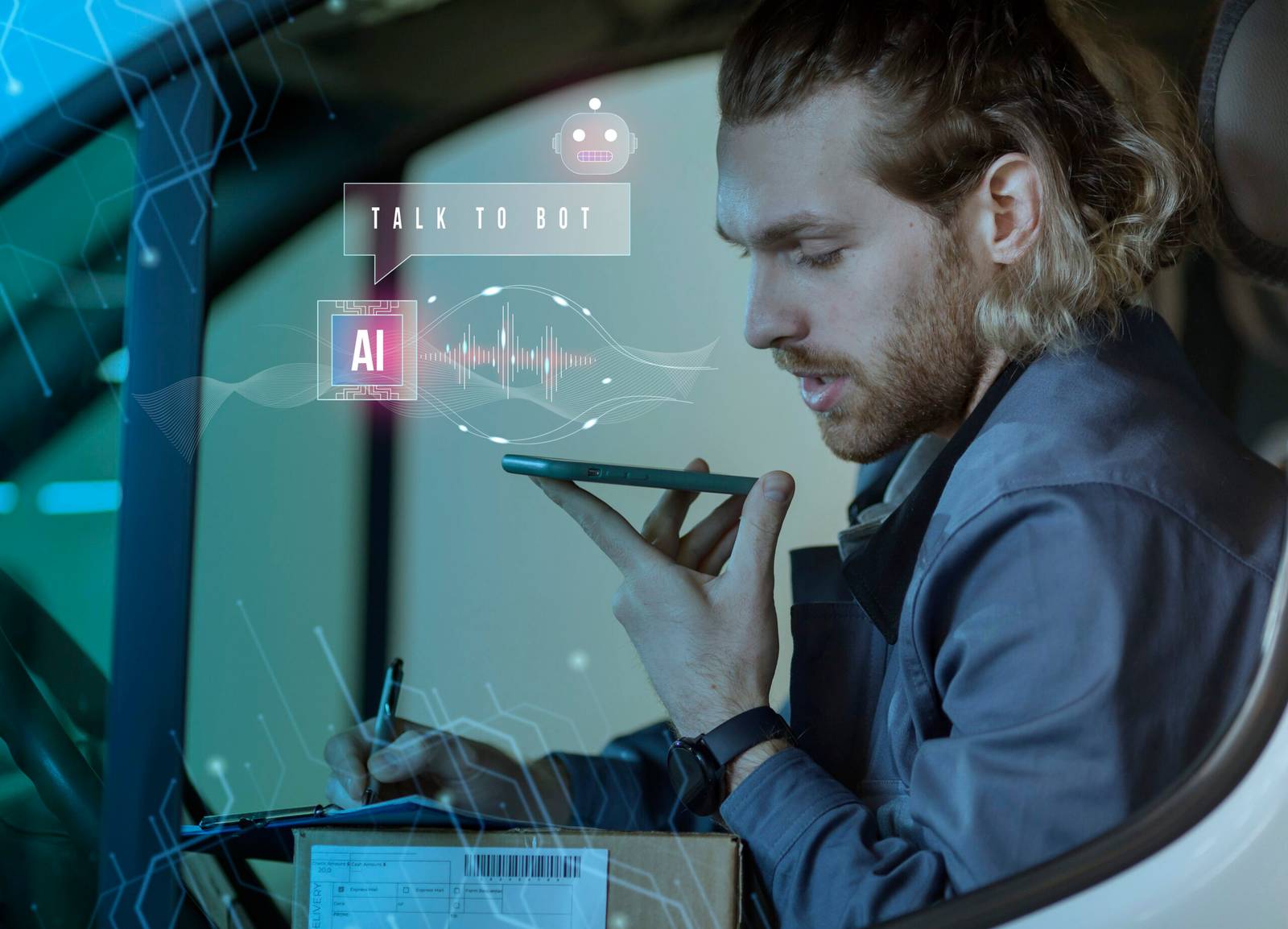AI in Human Resources: Recruitment and Employee Management

by Web Digital
The integration of Artificial Intelligence (AI) in Human Resources is reshaping traditional practices, ushering in a new era of efficiency and strategic decision-making. This article explores how AI is transforming both recruitment processes and employee management, revolutionizing the way organizations attract talent and nurture their workforce.
AI in Recruitment: Streamlining Talent Acquisition:
AI-driven tools are enhancing the efficiency of recruitment by automating mundane tasks and optimizing candidate sourcing. Intelligent algorithms analyze resumes, identify relevant skills, and match candidates to job requirements, significantly reducing the time and effort spent on the initial screening process.
Predictive Analytics for Talent Acquisition:
AI leverages predictive analytics to forecast future hiring needs based on historical data and market trends. This enables HR professionals to proactively address talent gaps and strategically plan recruitment efforts, ensuring that organizations are well-prepared for evolving workforce demands.
Chatbots for Candidate Interaction:
Chatbots powered by AI are transforming the candidate experience. They engage with potential hires, answer queries, and guide them through the application process. Chatbots provide real-time communication, creating a seamless and responsive experience for candidates and freeing up HR professionals for more strategic tasks.
Diversity and Inclusion:
AI plays a crucial role in promoting diversity and inclusion in recruitment. By eliminating biases in the screening process, AI ensures that candidates are assessed based on skills and qualifications rather than demographic factors. This fosters a more inclusive hiring environment and enhances organizational diversity.
Employee Onboarding and Training:
AI streamlines the onboarding process by automating administrative tasks and delivering personalized training content. Chatbots assist new hires with onboarding paperwork, while AI-driven platforms recommend relevant training modules based on individual skill gaps, accelerating the integration of new employees.
Performance Management with AI:
AI contributes to more effective performance management by providing real-time feedback and insights. Continuous monitoring of employee performance through AI-driven analytics enables HR professionals to identify areas for improvement, recognize high performers, and tailor development plans for individual employees.
Employee Engagement and Retention:
AI tools analyze employee sentiment through surveys, social media, and communication platforms, providing insights into the overall well-being and engagement levels of the workforce. This data enables HR to implement targeted strategies to improve employee satisfaction, retention, and overall workplace culture.
AI in Talent Development:
AI-driven learning platforms personalize development plans based on each employee’s strengths, weaknesses, and career aspirations. These platforms recommend relevant training content, mentorship opportunities, and career paths, fostering continuous skill development and career advancement.
HR Analytics for Strategic Decision-Making:
AI-powered HR analytics provide valuable insights into workforce trends, allowing HR professionals to make data-driven decisions. From identifying areas for process improvement to predicting employee turnover, AI enhances HR’s strategic role in shaping organizational success.
Challenges and Ethical Considerations:
Despite its transformative potential, the adoption of AI in HR comes with challenges, including data privacy concerns, algorithmic biases, and the need for ethical AI practices. Striking a balance between technological innovation and ethical considerations is paramount for responsible AI implementation in HR.
Conclusion:
AI’s integration into Human Resources is a paradigm shift, enhancing the entire employee lifecycle from recruitment to development and retention. The efficiency gains, improved decision-making, and enhanced employee experiences underscore the transformative impact of AI in HR. As organizations continue to embrace these technologies, it is crucial to navigate challenges responsibly, ensuring that AI in HR aligns with ethical standards and contributes to the creation of inclusive, diverse, and dynamic workplaces. The future of HR lies in the strategic integration of AI, creating environments where both employees and organizations thrive in the digital age.
Recommended Posts

Exploring Innovative Technologies in Ajax Digital Marketing
November 23, 2024


